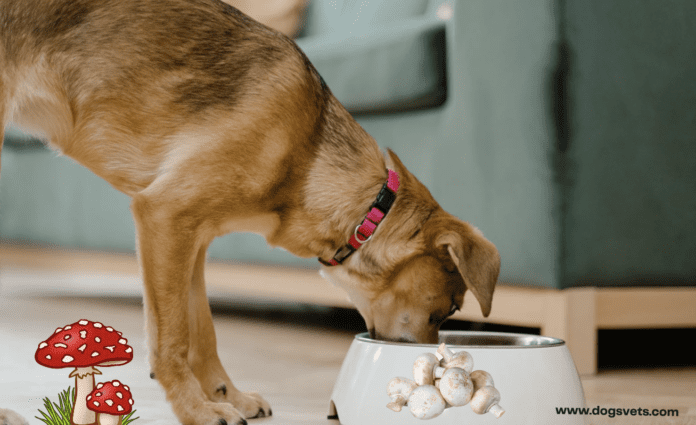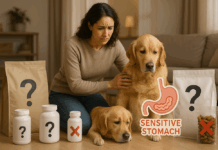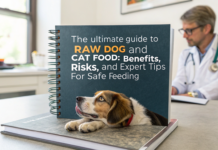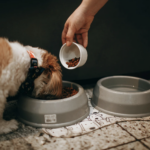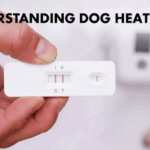Last Updated on July 21, 2022 by Dogs Vets
Can Dog Eat Mushrooms?
Have you ever wondered at any point if your dog can eat mushrooms, you are not alone?
This article covers topics like Reishi mushrooms, Death angel, Muscarinic mushrooms, and Activated charcoal.
We will explain what you should do if you think your dog has consumed one of these plants.
If your dog has consumed Reishi mushrooms, he could be at risk for death and is probably not a candidate for consuming Muscarinic mushrooms.
Reishi
Can dogs eat Reishi mushrooms? Yes, and your dog may be delighted by the taste. However, this mushroom does cause a few side effects, most notably nausea.
You should also take note that pregnant and lactating women should not give Reishi to their pups. Reishi is also known as the brain-boosting mushroom.
If you’d like to give your dog the benefits of this mushroom, here are some helpful tips.
Reishi mushroom contains B-glucans, which are water-soluble polysaccharides that fight free radicals and protect the body during chemotherapy.
Reishi mushroom is also loaded with antioxidants, which help fight off free radicals and strengthen healthy cells.
The mushroom extract has also been shown in animal studies to increase the immune system and decrease blood supply to cancer cells.
Furthermore, its Ling-Zhi-8 protein is thought to slow the spread of diseases and reduce oxidative stress.
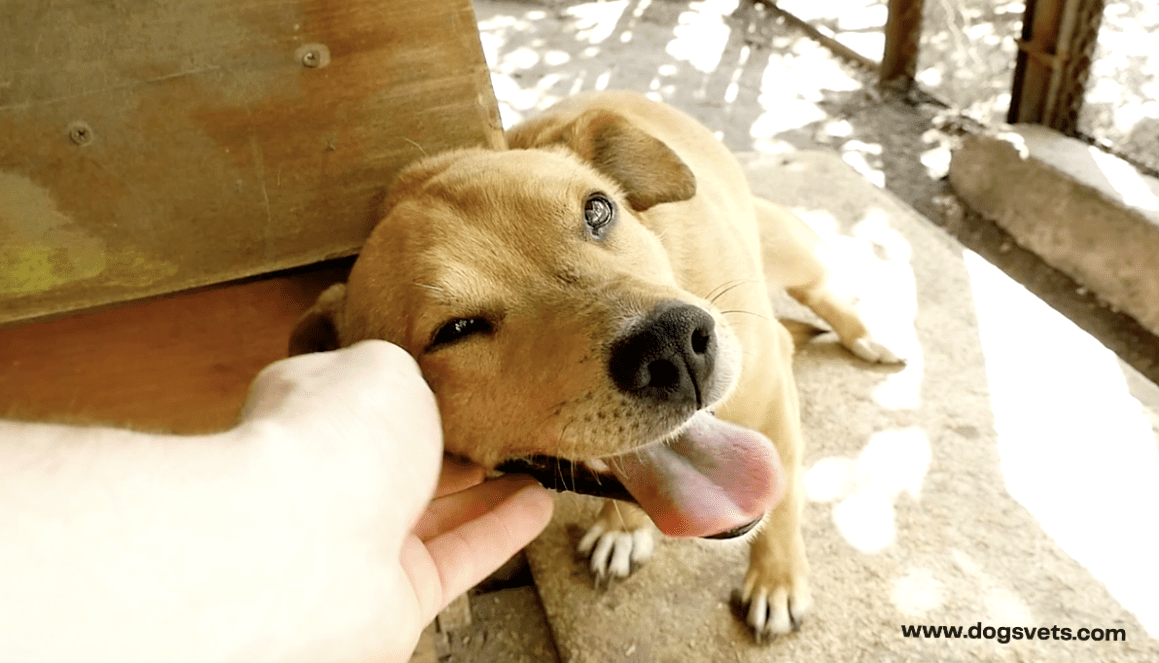
Death angel
A destroying angel is a poisonous mushroom. The top cap area of the mushroom is white, with yellowish or pinkish spots in the middle. This mushroom has a thick, membranous stem and gills.
It is shaped like a half-egg and grows on the ground. The gills and stalk are free. The mushroom’s gills are poisonous but not fatal when eaten.
The mushroom belongs to the Amanita family and is poisonous. Amanita ocreata, also known as the destroying angel, grows near oak trees and is native to the Pacific Northwest.
It is also found in the state of South Carolina. People often mistake this mushroom for a sweet potato and end up with an unpleasant surprise.
Aside from the mushroom’s unpleasant taste, it is also very attractive, making it a popular decoration for trees and homes.
Muscarinic mushrooms
If you’ve been wondering, “Can a dog eat mushrooms?” you’re not alone. It happens to every dog once in a while, and it can be extremely dangerous for your dog.
Although mushrooms are generally safe for dogs, some varieties are toxic to them.
Fortunately, a lot of varieties are safe for dogs and are perfectly safe for humans. Nevertheless, you should be very careful when feeding your dog any new food, especially mushrooms.
Some mushrooms may cause your dog to experience diarrhea and loose stools, and you should immediately stop giving your dog this new food.
In fact, you should also keep in mind that some mushrooms are extremely poisonous and may cause your dog severe harm.
While some varieties of mushrooms are harmless, many cause stomach upset, which can last anywhere from 15 minutes to 6 hours after ingesting the substance.
Muscarinic mushrooms are especially dangerous, as they can cause vomiting and diarrhea in dogs.
If your pet eats too many mushrooms, he might even become dehydrated and require hospitalization. In such cases, you should contact a veterinarian immediately, even if your dog doesn’t have any visible symptoms.
Activated charcoal
If your dog eats a mushroom, you should take him to the vet immediately to rule out the possibility of poisoning. The vet will likely induce vomiting and place a stomach tube. If a mushroom is toxic, your vet may recommend multiple doses of activated charcoal to absorb any remaining toxins.
Your vet will also administer other medications, including anti-nausea drugs, as well as an IV fluid drip.
The good news is that not all mushrooms cause immediate symptoms in dogs. Some show signs within fifteen minutes. Others take six to twelve hours for symptoms to appear.
A veterinarian can administer activated charcoal, and a substance used to neutralize toxins, to your dog.
The charcoal binds to the toxins in your dog’s stomach and intestines and stabilizes fluid levels while increasing urination.
Your veterinarian may also recommend induced vomiting, which helps flush toxins out of your dog’s body.
Activated charcoal is a good first line of defense, but it won’t reverse the damage done. During the treatment phase, your veterinarian may prescribe hydrogen peroxide to induce vomiting. You must be present to administer this remedy.
Symptoms
If your dog has recently eaten mushrooms, you should immediately take him to the veterinarian.
To accurately diagnose this condition, you must provide a detailed health history of your dog.
Your veterinarian will then perform a physical examination and complete blood and urine tests. Depending on the type of mushroom your dog consumed and how long ago it was ingested, your dog could have elevated liver enzymes or low blood glucose levels.
To determine the type of mushroom your dog has eaten, a biopsy may be performed.
Your veterinarian may also request a sample of the mushrooms from your dog’s stomach.
Although 99% of mushrooms are not toxic to dogs, a few species are highly toxic. The most common mushroom toxicity to dogs is Amanita phalloides.
The odor is what makes canines attracted to them. However, only certain mushrooms are toxic, so it’s important to monitor your dog carefully.
If your dog consumes mushrooms, contact your veterinarian immediately. The actual symptoms of mushroom poisoning depend on the species. Amanita phalloides are the most toxic, and it’s important to monitor your dog carefully.
Treatment
To know if your dog has eaten a toxic mushroom, consult your veterinarian as soon as possible. While symptoms vary depending on the type of mushroom and how much your dog consumed.
The following symptoms can be caused by other toxic pet foods. There is no specific treatment for a dog poisoned by mushrooms, but you can follow some guidelines to help your vet determine the cause and treatment.
If you are unsure of the type of mushroom your dog ate, bring a small sample to the appointment. A veterinary professional will perform blood tests and perform a urinalysis to determine the type of mushroom your dog ate.
The mushroom that your dog ate may smell like fish, and your dog might be drawn to its texture. Some are toxic, while others are harmless.
If you suspect your dog of eating a mushroom, take him to the vet immediately. Treatment may include a prescription of a fungicide or antifungal medicine.
While these are quick fixes, they do not address the root cause of the mushroom growth. If you have no idea which type of mushroom your dog ate, use a GPS dog tracker to help locate where he’s getting the mushrooms.
Facts Check
We hope you enjoyed this article… What are your thoughts?
Рleаse feel free to share with us in the comments section below!
